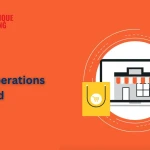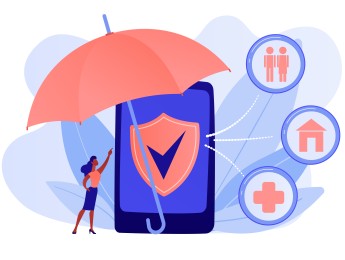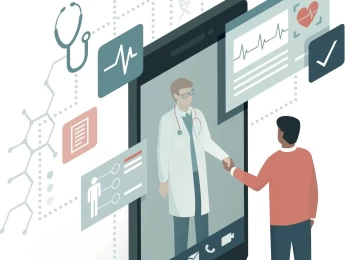This specialised training course provides a comprehensive understanding of the two critical pillars of online retail success: payment systems and logistics. Participants will explore how secure, seamless, and user-friendly payment methods, combined with efficient logistics and fulfilment strategies, directly impact customer satisfaction, trust, and profitability in e-commerce.
The course examines payment gateways, fraud prevention, digital wallets, and cross-border transactions, alongside inventory management, last-mile delivery, and reverse logistics. By the end of the course, learners will be able to design integrated systems that enhance operational efficiency and customer loyalty.
By the end of this course, participants will be able to:
- Understand the ecosystem of digital payment systems in online retail.
- Evaluate the role of security, compliance, and fraud prevention in transactions.
- Explore logistics strategies for order fulfilment, last-mile delivery, and returns.
- Integrate payment and logistics systems for seamless customer experiences.
- Analyse case studies of successful e-commerce operations and best practices.
This course is ideal for:
- E-commerce managers and entrepreneurs.
- Digital payment and fintech professionals.
- Logistics and supply chain managers.
- Customer experience and operations managers.
- Web developers and IT specialists in online retail.
The course combines interactive lectures, global case studies, and group discussions. Participants will review real-world scenarios, evaluate tools and platforms, and develop integrated strategies for payment and logistics excellence.
Day 5 of each course is reserved for a Q&A session, which may occur off-site. For 10-day courses, this also applies to day 10
Section 1: Payment Systems in Online Retail
- Overview of digital payment ecosystems.
- Payment gateways, processors, and merchant accounts.
- Role of mobile payments and digital wallets.
- Case studies of payment innovation in e-commerce.
Section 2: Security, Compliance, and Fraud Prevention
- PCI DSS standards and regulatory frameworks.
- Common types of online payment fraud.
- Tools and technologies for fraud detection and prevention.
- Building trust through secure payment systems.
Section 3: Logistics and Order Fulfilment
- Principles of e-commerce logistics.
- Warehousing, inventory management, and order picking.
- Cross-border logistics and customs considerations.
- Key logistics partners and service models.
Section 4: Last-Mile Delivery and Reverse Logistics
- Last-mile delivery challenges and innovations.
- Delivery speed, flexibility, and customer expectations.
- Returns management and reverse logistics strategies.
- Case studies: logistics success in online retail.
Section 5: Integration of Payments and Logistics
- Aligning payment and fulfilment processes for customer satisfaction.
- Role of data and analytics in operational efficiency.
- Emerging technologies: blockchain, AI, and IoT in payments and logistics.
- Building a seamless, scalable online retail ecosystem.
Upon successful completion of this training course, delegates will be awarded a Holistique Training Certificate of Completion. For those who attend and complete the online training course, a Holistique Training e-Certificate will be provided.
Holistique Training Certificates are accredited by the British Accreditation Council (BAC) and The CPD Certification Service (CPD), and are certified under ISO 9001, ISO 21001, and ISO 29993 standards.
CPD credits for this course are granted by our Certificates and will be reflected on the Holistique Training Certificate of Completion. In accordance with the standards of The CPD Certification Service, one CPD credit is awarded per hour of course attendance. A maximum of 50 CPD credits can be claimed for any single course we currently offer.
- Course Code IND09-117
- Course Format Classroom, Online,
- Duration 5 days













